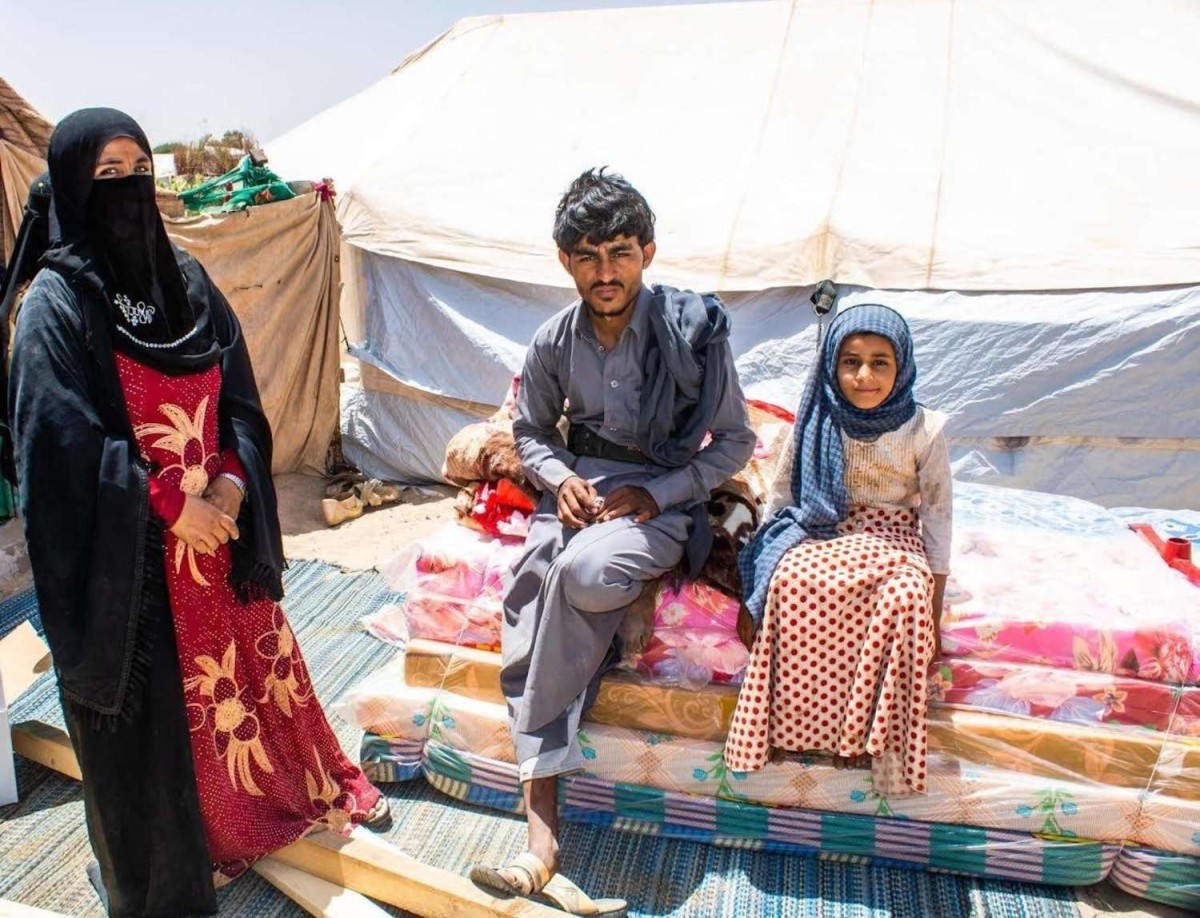48 local and international organizations call for urgent measures to address the economic crisis in Yemen


Local and international organizations called for urgent measures to address the deteriorating economic crisis. Which affects civilians in areas controlled by the internationally recognized government.
48 local and international organizations said that millions of Yemenis are struggling to survive, in light of the rise in the cost of food by 300%.
She added that the Yemeni economy is “standing on the brink of collapse” after high inflation rates, and the deterioration of public services increases the suffering of hundreds of thousands of families in government-controlled areas.
The organizations’ statement touched on the fact that power stations stop working daily due to fuel shortages, which affects the provision of basic services and the practice of economic activities.
According to the statement, more than 50% of families in areas controlled by the internationally recognized government have become unable to meet their basic food requirements as of August 2023.
He continued: “The prices of basic foodstuffs have risen dramatically. For example, the cost of wheat has risen by 400 percent – from 9,500 Yemeni riyals in 2018 to 35,400 Yemeni riyals per 50 kilos today.”
The organizations said that the economic contraction led to higher levels of unemployment and poverty. It stopped working and hundreds of companies were damaged during the war, leaving many without any opportunities to earn a living.
She added: “With an average monthly salary of 60,000 Yemeni riyals - about 42 US dollars - families struggle to cover half of their food needs during the month, let alone provide other basics such as water, fuel, and medical care.
The organizations pointed to the decline in the value of the Yemeni riyal by more than 28%, and the impact of this on the ability to afford food and basic medical care.
The organizations called on the parties to the conflict to cooperate to respond to the needs of all Yemenis, including paying public sector salaries on a regular basis nationwide, providing basic goods at reasonable prices, resuming exports, providing an effective banking system, and facilitating commercial activity.
It also called on the international community to support a funded economic recovery plan to achieve economic stability, prevent further rise in food prices, as well as provide foreign reserves to support the economy.